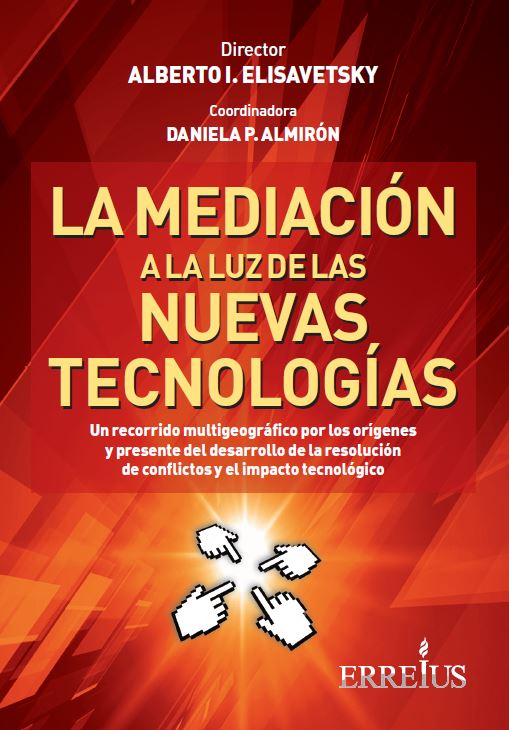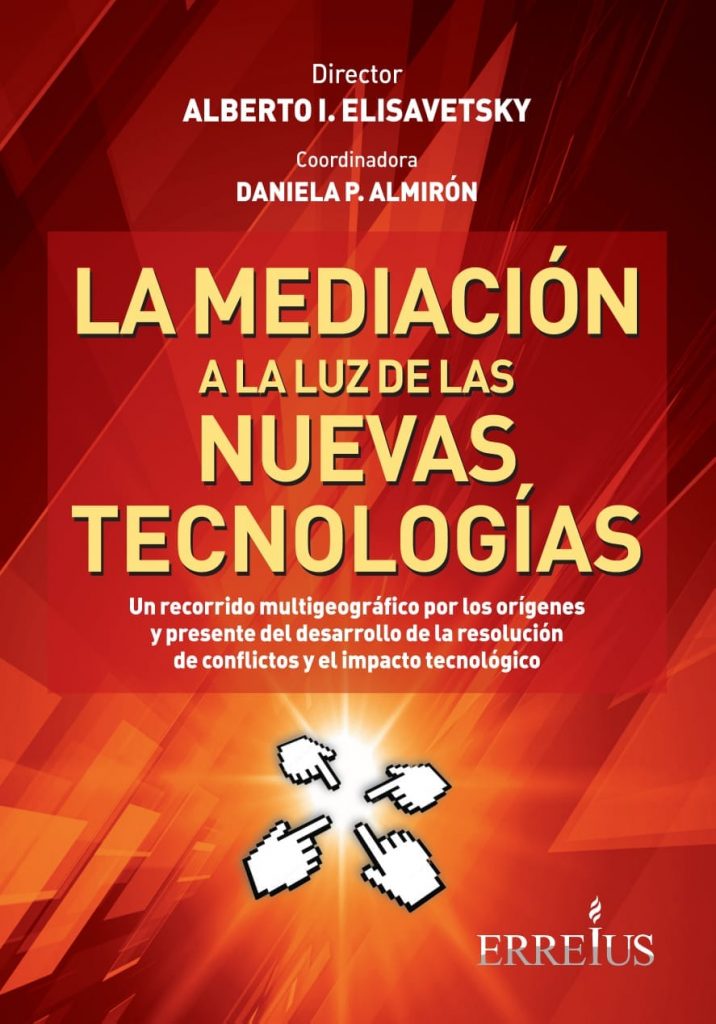Great data set from the Franklin County, Ohio Court ODR project presented at odr2019.org — check it out here.
From the presentation:
“Income and race have historically served as predictors for case dispositions. Positive dispositions are associated with high income and low minority rates while low income and high minority rates are associated with negative case dispositions. The 2015 NCSC State of State Courts Poll highlights the issue and the public desire for courts to develop innovative, technology-based solutions that promote dispute resolution options.
The purpose of the FCMC Data Project is to demonstrate the value of court-connected alternative dispute resolution, promote transparency, and provide a resource for anyone interested in court-connected mediation and online dispute resolution as an access to justice initiative.
Project analyses are defendant-focused. Project data, including party information and case dispositions, are static as of September 2019. Project data were manually collected and entered and subject to human error. In accordance with Ohio law, some data were not collected…
Low-to-middle income defendants in the non-ODR tax sample set experienced a lower percentage of dismissals than upper income and out-of-county defendants, whose income levels exceed low-to-middle income defendants. Similarly, higher minority percentage defendants experienced a lower percentage of dismissals.
ODR tax participants experienced both a higher rate of dismissals and a relatively equal percentage of dismissals across income groups. The average dollar amount at issue in the CDIT ODR dataset was $1,041.51. Low, middle, and upper income defendants had nearly identical dismissal percentages. Similarly, minority percentages increased without negative case dispositions.
A significant percentage of ODR participants accessed the portal outside of traditional business hours (8 am to 5 pm)…
The CDIT ODR portal achieved its three primary goals:
- The Default judgment rate for CDIT cases reduced by 10%.
- More than one-third of CDIT defendants accessed court services outside of business hours.
- Dismissals now outpace default judgments in CDIT cases.”
Learn more at
https://sites.google.com/view/fcmcdataproject/about


